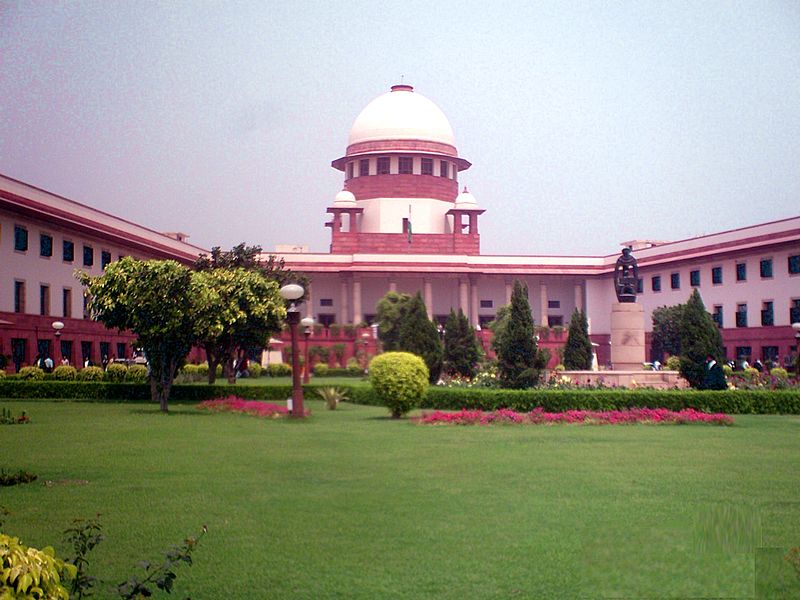The Supreme Court on Thursday took strong objection to the Maharashtra Police casting aspersions on its order placing five human rights activists under house arrest and told the Maharashtra government to discipline the police officers.
A bench of Chief Justice Dipak Misra, Justice A.M. Khanwilkar and Justice D.Y. Chandrachud adjourned the hearing on a PIL challenging the arrest of five activists to September 12 and ordered that they be kept in house arrest till then.
During the hearing, Justice Chandrachud lashed out at the Maharashtra Police for holding a press conference when the matter is pending before the court.
“You must ask your police officials to be more responsible. The matter is before us and we don’t want to hear from police officials that the Supreme Court is wrong,” Justice Chandrachud told Additional Solicitor General Tushar Mehta, who appeared for the Maharashtra government.
“I saw Assistant Police Commissioner, Pune, insinuating that the Supreme Court should not have interfered at this stage. He has no business telling that. Your are ruining the court’s reputation. Casting aspertions…,” Justice Chandrachud said.
“Tell him we have taken it very seriously,” he added, while taking strong objection to the press conference the police held after the arrests of the five activists triggered outrage.
Mehta apologized to the court on behalf of the police.
On August 29, the apex court ordered the house arrest of activists Varavara Rao, Gautam Navlakha, Sudha Bharadwaj, Arun Ferreira and Vernon Gonzalves.
In the media briefing, police showed documents and reiterated that a conspiracy was allegedly hatched by the five activists in connivance with the banned CPI (Maoist) “to overthrow the central government” and carry out “a Rajiv Gandhi-style assassination” to end (Prime Minister) Narendra Modi’d rule.
When counsels appearing for the petitioners urged the court to restrain police from sharing any information with the media, the bench refused to pass any order.
Mehta opposed the house arrest of the five activists, saying this could hamper the investigation.
He added that there were “serious charges” against the five.
The government denied that the activists were held for dissent and told the court that petitioners Romila Thapar and others were strangers to the case.
The bench then asked senior advocate Abhishek Manu Singhvi, who appeared on behalf of the petitioners, to say whether a third party can intervene in a criminal case.
Singhvi argued for an independent enquiry by a Special Investigation Team constituted by the court.
Taking a dim view of the crackdown, Justice Chandrachud had said: “Dissent is a safety valve of democracy. If it is not allowed, the pressure cooker will burst.”
On Wednesday, the Maharashtra Police filed an affidavit in the apex court and said that the activists belonged to the Communist Party of India (Maoist) and were engaged in planning and executing large-scale violence. The police urged the court to permit it to take them in its custody.


